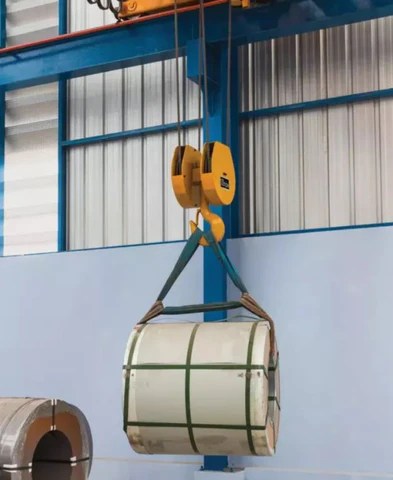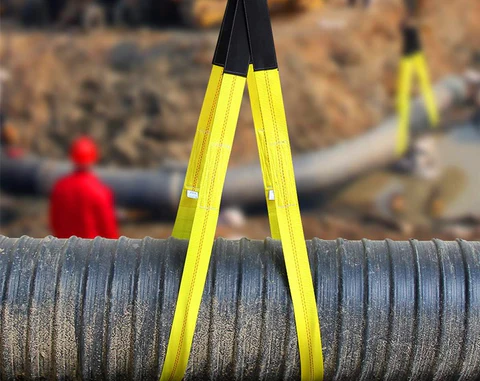Tert-butyl Hydroperoxide Solution
Tert-butyl Hydroperoxideis a hydroperoxide, in fact one of the most widely used in a variety of oxidation processes, for example the Halcon process.It is normally supplied as a 69–70% aqueous solution. Compared to hydrogen peroxide and organic peracids, Tert-butyl Hydroperoxide is less reactive and more soluble in organic solvents. Overall, it is renowned for the convenient handling properties of its solutions. Its solutions in organic solvents are highly stable.
Industrially, tert-butyl hydroperoxide is used to prepare propylene oxide. In the Halcon process, molybdenum-based catalysts are used for the reaction.
On a much smaller scale, tert-butyl hydroperoxide is used to produce some fine chemicals by the Sharpless epoxidation.
TBHP Is a volatile, yellowish liquid ,it is alkyl hydroperoxide initator for polymerization of acrylic emulsion ,and wiedely used as raw material for organic peroxides synthesis.
Miscible with organic solvents such as alcohols,esters,olefins and NAOH solution.Slightly miscible with water
Tert-Butyl Hydroperoxide Solution,Tbhp Tert-Butyl Hydroperoxide Solution,Tert Butyl Hydroperoxide Solution,Hydroperoxide Solution Jiangxi Zhewei Material Technology Co.,Ltd , https://www.jxzwchem.comIntroduction
In industries where lifting operations are a daily part of the workflow, ensuring the safety of workers and equipment is not just a best practice—it’s a legal necessity. Web slings are widely used for lifting heavy loads, but they can become serious hazards if not handled properly. That’s why it’s crucial for both employers and employees to have a solid understanding of web sling safety. In this blog post, we’ll dive into the legal requirements surrounding web sling training and introduce a comprehensive course offered by Lifting365 that equips professionals with the knowledge and skills needed to handle these tools safely.

Introducing the Web Sling Safety Awareness Course
Lifting365 has developed a detailed Web Sling Safety Awareness Course aimed at helping workers and managers understand how to use web slings correctly and safely. This course is designed to meet industry standards and ensure that all participants are well-prepared to handle lifting tasks without compromising safety.
Key Responsibilities of Employers under the Health and Safety Act
Under the Health and Safety Act, employers are legally required to provide a safe working environment. This includes ensuring that all employees are trained in the proper use of lifting equipment like web slings. The first module of the course outlines these responsibilities, including the need for regular training, proper maintenance of equipment, and the implementation of clear safety protocols to reduce risks.

Legal Requirements for Web Slings
Compliance with legal regulations is essential when using web slings. Module 3 of the course provides an in-depth look at the laws and standards that govern the use of these tools. This includes guidelines on design, inspection, and usage. Understanding and following these rules helps ensure that your workplace remains compliant and free from unnecessary risks.
Different Types of Web Slings
Not all web slings are the same. There are various types, each suited for different lifting scenarios. Module 5 explores the characteristics of different slings, such as round slings, single-leg slings, and multi-leg slings. Knowing which type to use for specific tasks is vital to maintaining safety during lifting operations.
Inspection of Web Slings
Regular inspections are a critical part of web sling safety. Module 7 teaches participants how to conduct pre-use and periodic inspections, identifying signs of wear or damage that could lead to failure. This module also covers when a sling should be retired, helping prevent accidents caused by faulty equipment.

Maintenance of Web Slings
Proper maintenance ensures that web slings remain reliable over time. Module 11 covers cleaning, lubrication, and hardware checks. By following these procedures, companies can extend the life of their equipment and maintain high levels of performance and safety.
Storage of Web Slings
How you store your slings can significantly impact their longevity and effectiveness. Module 12 provides practical guidance on storing web slings in optimal conditions, avoiding exposure to harsh elements, and using appropriate storage solutions. Good storage habits help prevent damage and keep equipment ready for use.

Conclusion
Web sling safety awareness isn’t just about meeting legal obligations—it’s about protecting lives and preventing costly accidents. With Lifting365's Web Sling Safety Awareness Course, businesses can ensure that their teams are fully equipped with the knowledge and confidence needed to handle lifting operations safely. Investing in this training promotes a culture of safety, reduces risk, and supports long-term operational efficiency. Enroll today and take the first step toward a safer, more compliant workplace.